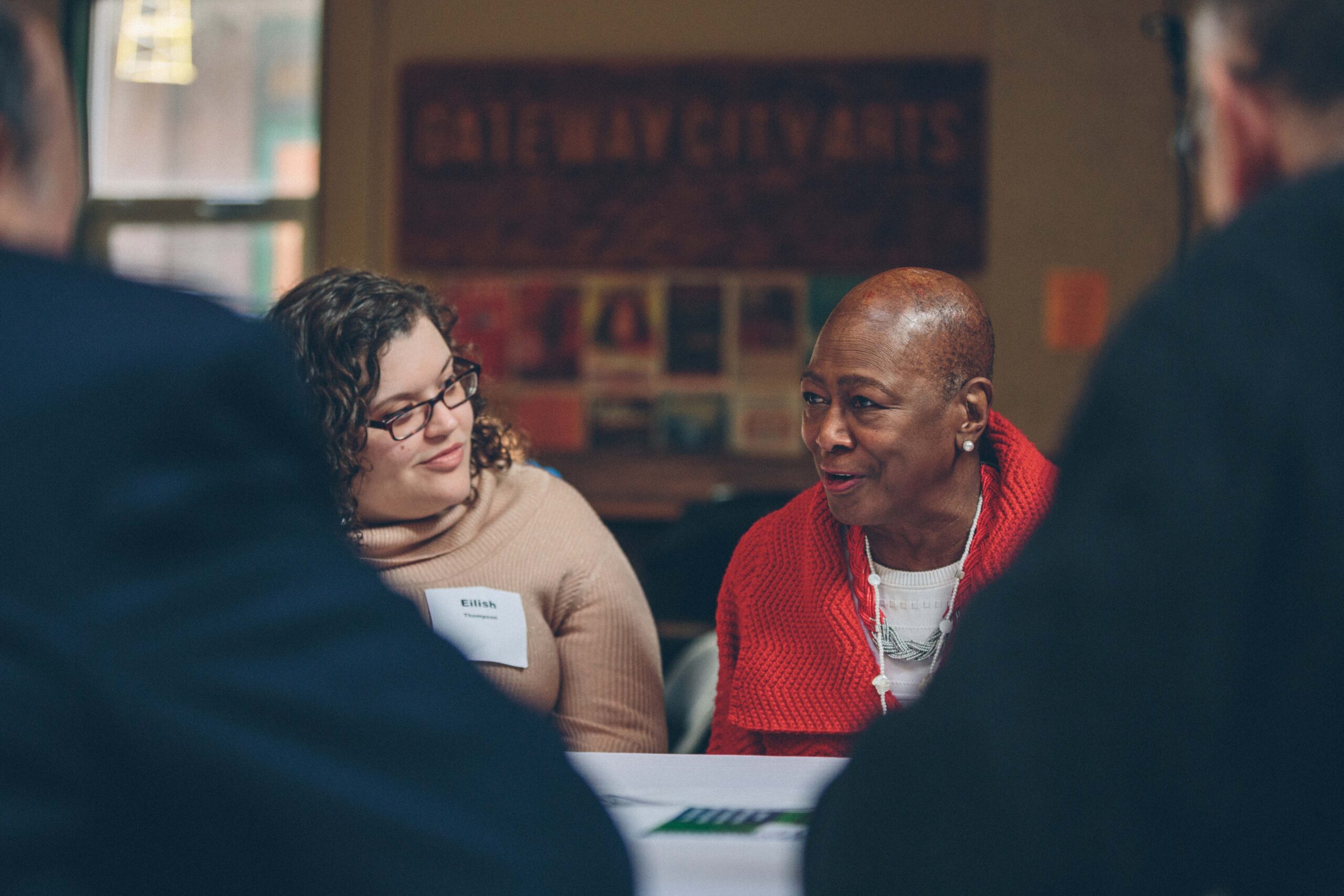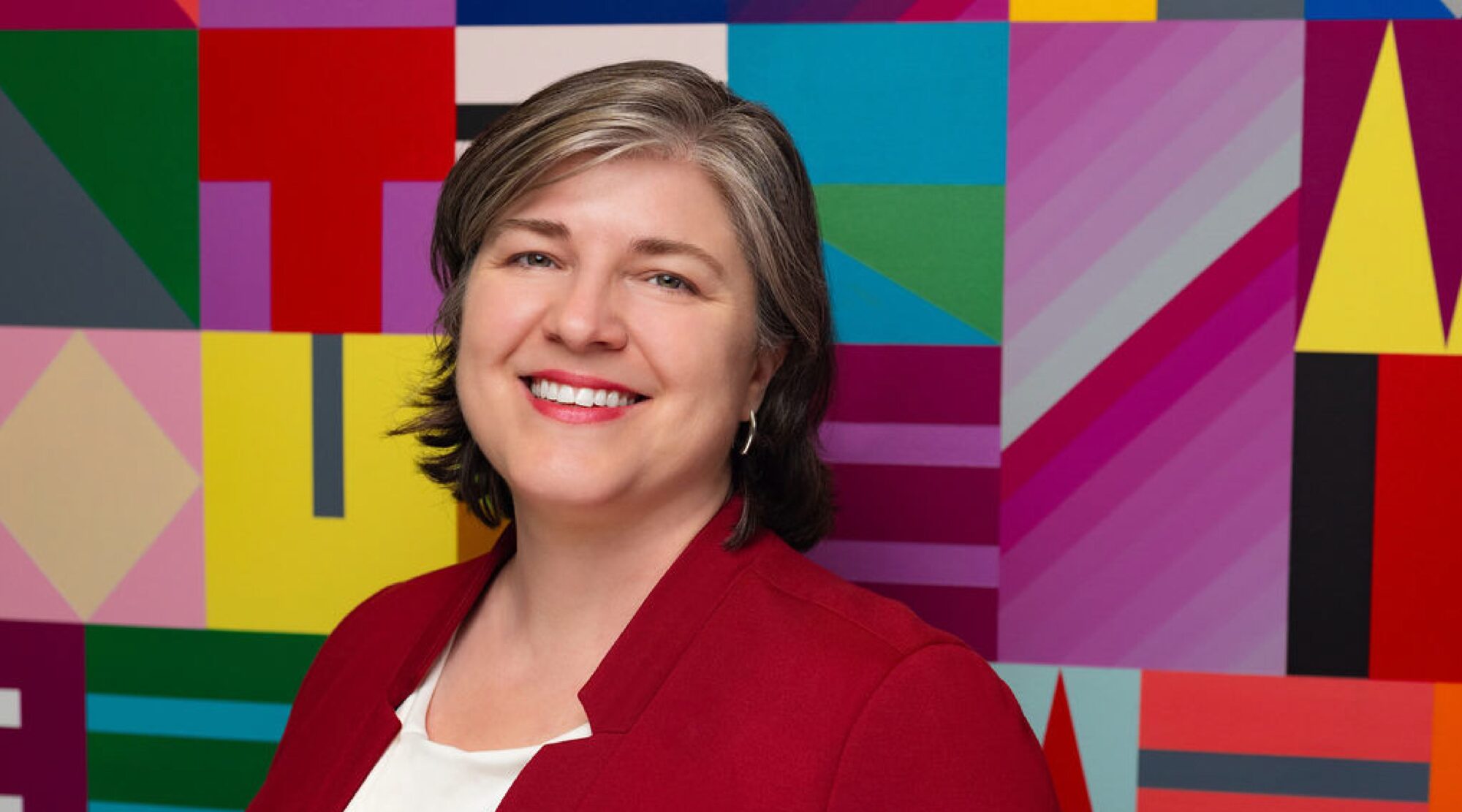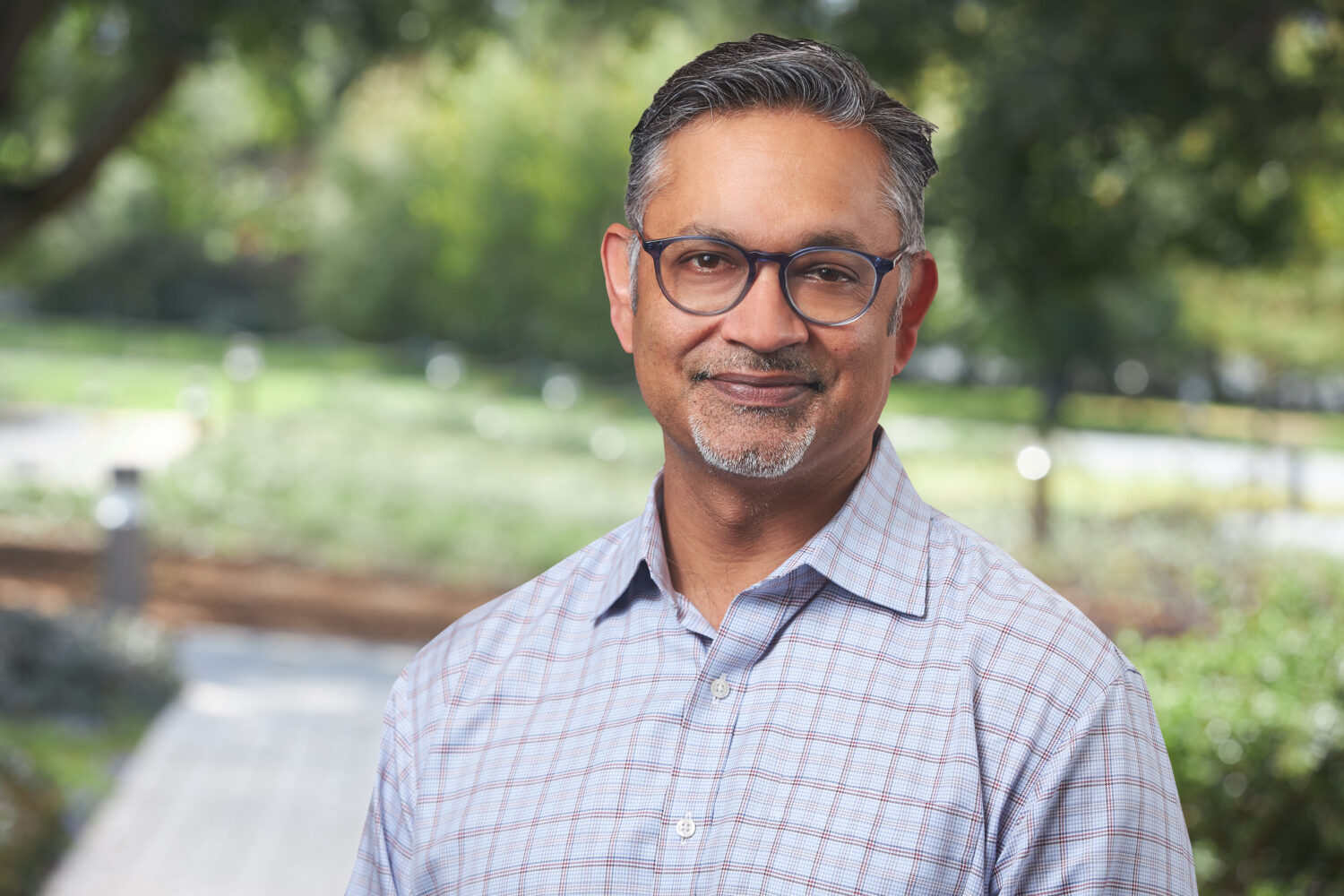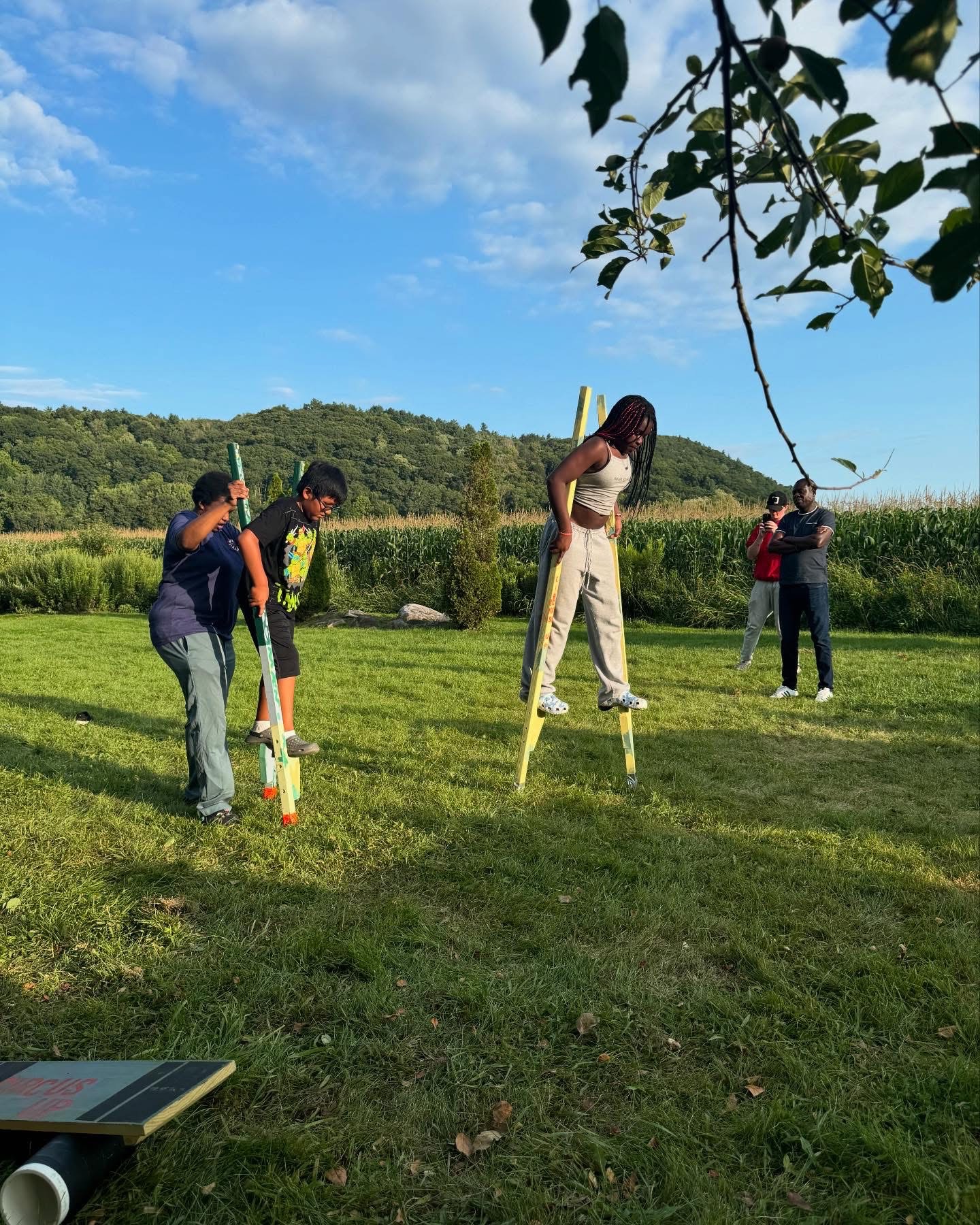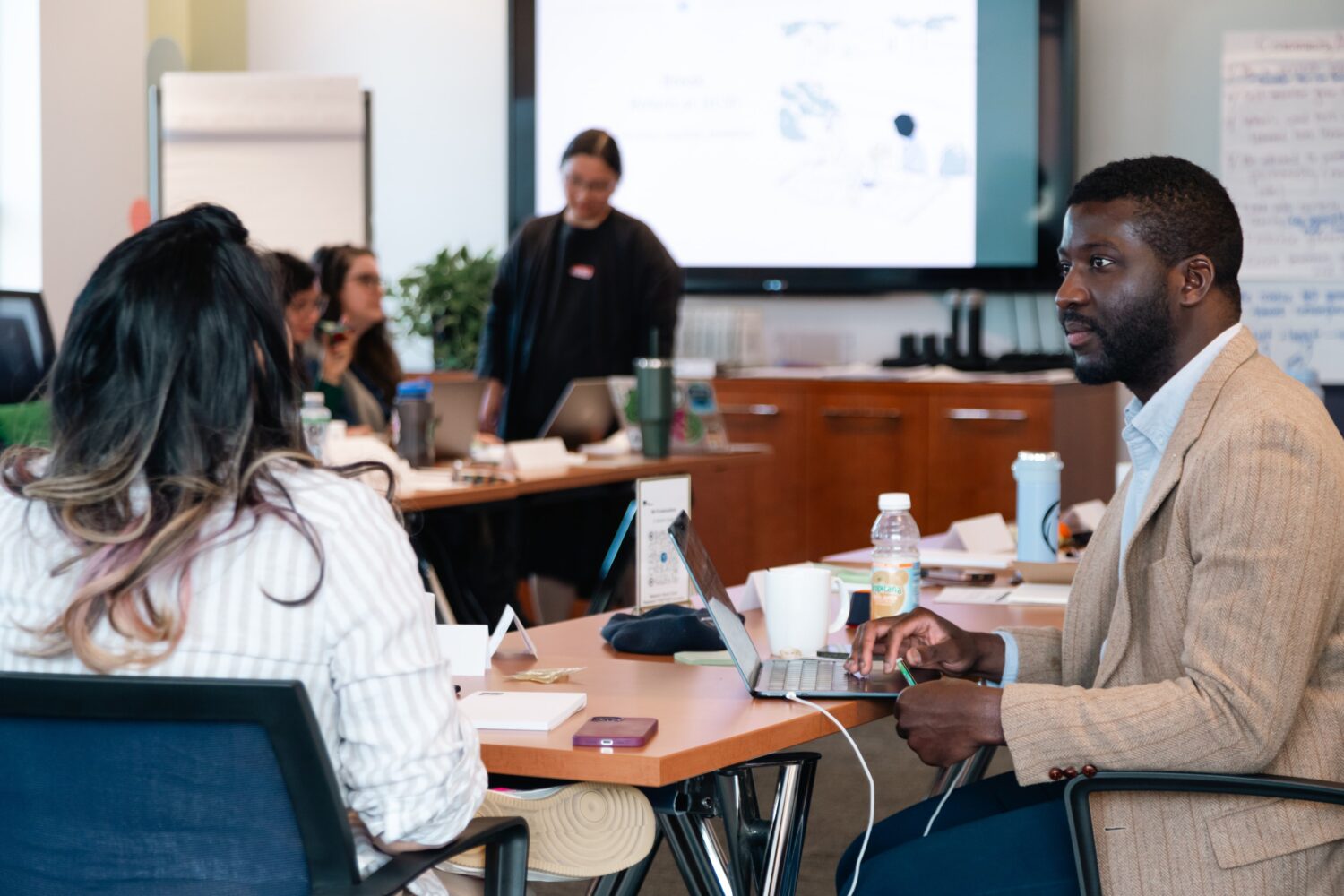Listening is powerful. As a funder, we value curiosity and strive to be open to feedback and learning. I’ve spent the first few weeks of this new year looking back at many of the interim and final reports submitted to Barr by our grantees in 2019. And I have been thinking about these alongside what we have learned through conversations, site visits, and formal evaluations last year.
We are always excited to hear about the progress they’re making and the milestones they’ve achieved, and I hope you will celebrate many of these through our 2019 Year in Review. We also deeply appreciate their openness about challenges they’ve faced. I wanted to share five lessons that stood out to me across our work this year.
1. Direct experience is particularly powerful.
Many grantees noted that, without seeing solutions firsthand, it can be a struggle to generate demand for aspirational ideas. The opportunity to see new models and solutions at work is a powerful tactic to move from vision to action, and to transform skeptics into champions. We heard that logistics of learning and study trips are sometimes daunting, including finding the best places to visit and assembling the right group of participants. But they told us that the experiences were worth it. As C.A. Webb of the Kendall Square Association reflected in a Medium post after traveling to Oslo with a group of Massachusetts transportation sector leaders and members of Barr’s mobility team, “Sometimes you have to leave home so you can see yourself and your home and all of its challenges and opportunities more clearly.”
2. When transferring good ideas from one place to another, tread carefully.
Barr often supports grantees seeking to bring innovative ideas to new places. Numerous grantees shared with us about the pitfalls and challenges in this work – for example, the importance of taking time to understand local conditions and the all-too-human tendency to notice similarities and miss key differences. Our grantees reminded us of the important lesson about paying close attention to context and the need to adapt to local conditions. For example, in reflecting on the work to advance transit-oriented development outside Boston, MassINC noted,
Ground truthing assumptions when expanding one’s reach in new geographies is also a lesson we try to keep in mind at Barr as we have grown our grantmaking across New England.
3. Leadership transitions, pipelines, and succession planning are critical.
Across the social sector, strong leadership is commonly acknowledged as critical to any effort. Many grantees related instances where they were challenged by leadership transitions, and by the work of diversifying their staff and leadership to better reflect their constituents. As our partners at Building Movement Project reflected, “…Over the past year we have learned how much having a multiracial team is key to our ability to carry out our research agenda.” From many of our grantees, we heard about the inherent difficulties in maintaining strategic focus amidst leadership transitions as well as the importance of having pipelines and succession plans for all key staff, not just for executive directors. Grantees also shared the challenges they faced in increasing staff and board diversity, in building a deeper bench, and in transitioning to new and more adaptive models of leadership.
4. Without new narratives, messages about solutions may fall flat.
Knowing what works and simply sharing that news isn’t enough. Many of our grantees work hard to validate the effectiveness of new models or to research promising solutions; however, effectively reaching a wide audience and raising their awareness isn’t easy. Our grantees emphasized to us that good news doesn’t travel far in the face of negative, outdated, or unhelpful narratives. We heard stories across many domains of grantees who found it helpful to engage in research to more deeply understand key audiences so they could effectively present new information in ways that resonate with them. Without this foundational work, positive news could not find fertile ground. For example, in reflecting on their work in Boston, the Conservation Law Foundation shared, “A critical lesson learned is that we needed to build a solid foundation of storytelling, journey mapping, and solid narratives via earned media, opinion pieces, and grassroots social media to build a base before creating and distributing more robust content (i.e., message focus groups, polling, explainer videos, infographics, and other visual content).”
5. It takes time and trust to build diverse coalitions for durable systems-level change.
Many of Barr’s grantees engage in systems-level work that requires collaboration of multiple actors across a network. Several pointed to polarization and a shifting policy landscape as factors that have made their work more complex. Others reflected on the patience and persistence required to build enduring coalitions. An education grantee noted that, “building relationships takes time. Authentic relationships built on trust require extensive outreach and effective organizers who are able to break down misperceptions through conversations.” Another pointed out that this work requires, “focusing on the substance rather than the noise, and working to recruit additional partners and authentically represent the communities we are focused on serving.
We want to acknowledge the time and thought it takes to share these kinds of reflections, and what a gift they are. We seek to learn from and with our grantee partners, which is critical to helping us achieve together the goals we share.
